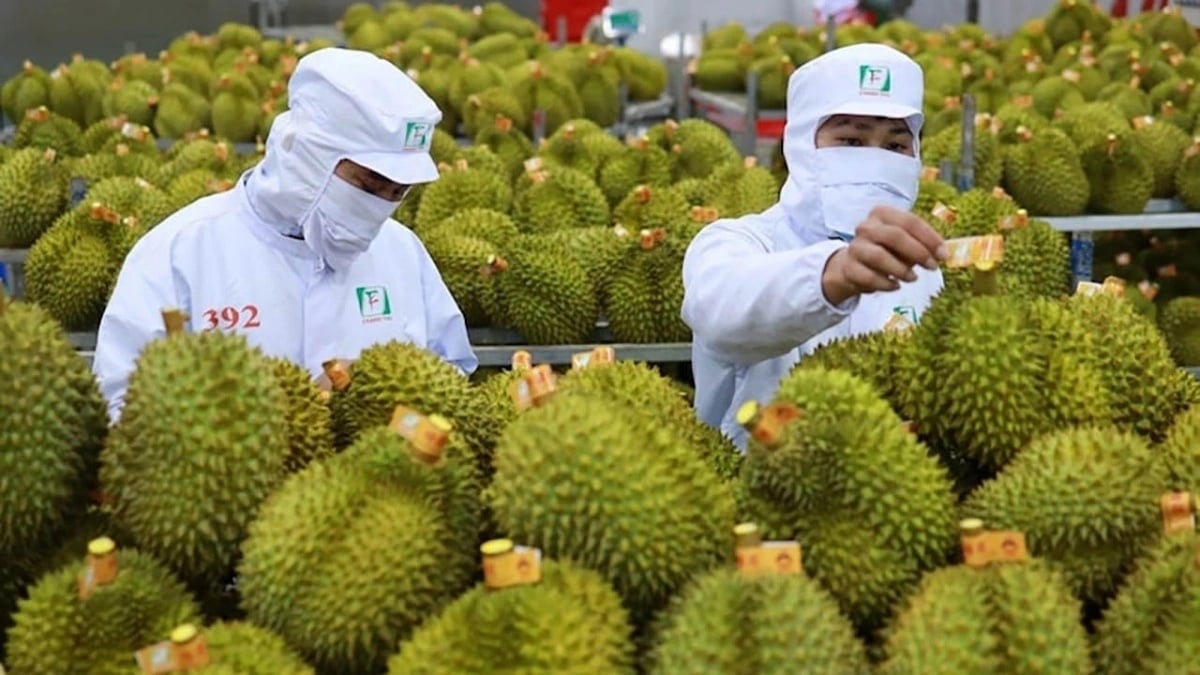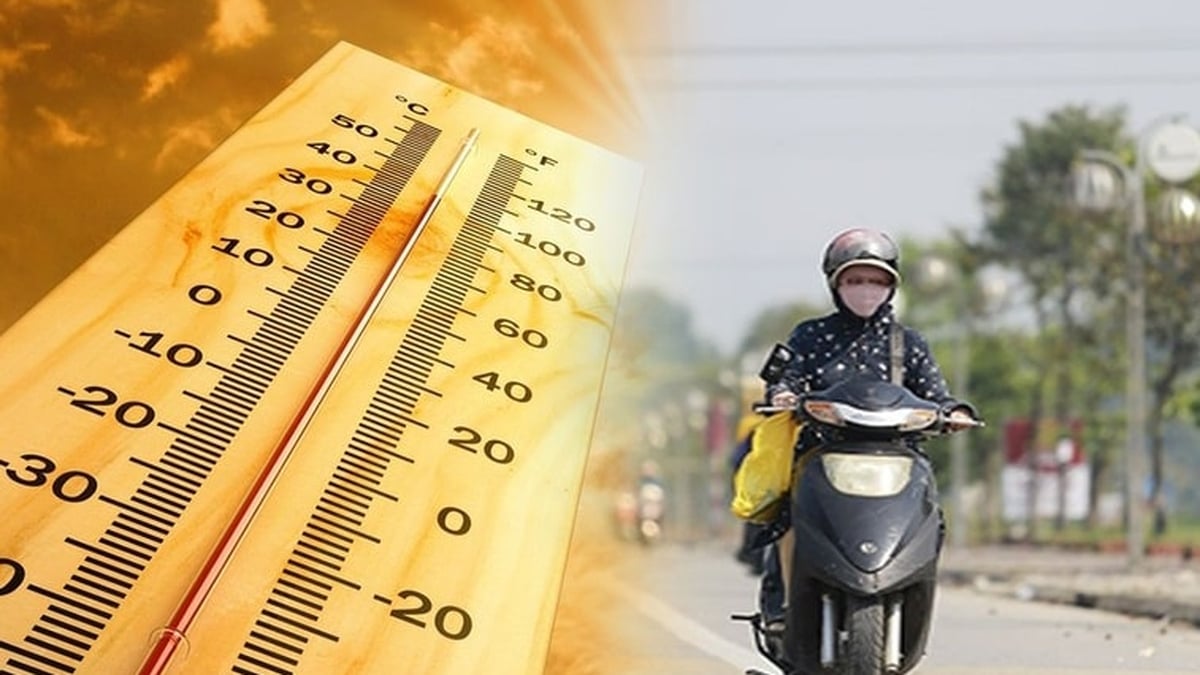Reality has proven that the focused, key expansionary fiscal policy, approved by the National Assembly and effectively implemented by the Government, has played an important supporting role for businesses and the economy . In 2024 and the first 6 months of 2025, the Government will continue to implement policies to exempt and extend taxes, fees, charges and land rents, such as: reducing environmental protection tax on gasoline, oil, grease; reducing registration fees for domestically produced and assembled cars... In particular, the policy of reducing 2% of value added tax rate - VAT for a number of groups of goods and services has been decided to continue to be extended until the end of 2026.

“Previously, our policy was applied for the first 6 months of 2025. Recently, the Government has considered and found it necessary to extend it until the end of 2026 because many businesses are still facing difficulties. Exempting and reducing value-added tax will have an immediate impact on consumers and on businesses that produce and import and export goods. Therefore, the Government sees that we will apply this policy until the end of 2026,” emphasized Minister of Finance Nguyen Van Thang.
According to estimates, the total amount of fiscal support in the first 6 months of the year reached nearly 107 trillion VND. Of which, nearly 49 trillion VND from tax and fee exemptions has helped increase revenue thanks to the effect of expanding production, increasing consumption and creating more jobs. The remaining nearly 58 trillion VND from extending the payment period for taxes, fees and land rents also acts as a form of "interest-free loan". This loan acts as a "stable credit source" from the State budget, helping businesses have more cash flow to invest in increasing productivity and reducing costs in the context of high commercial interest rates.
According to economist Can Van Luc, member of the National Financial and Monetary Policy Advisory Council, the Prime Minister has directed this year's fiscal policy to continue to expand with a focus on key areas, continue to consider tax deferrals for a number of sectors and industries, coordinate well with monetary policy, ensure the goal of promoting high economic growth while still stabilizing the macro economy and curbing inflation. Accordingly, the role of the Ministry of Finance in coordinating with the State Bank to control prices well, especially prices of many commodities, is a very important issue, because price inflation is a very important component in addition to inflation due to monetary factors.
Assessing the implementation of proactive and flexible fiscal policies in recent times, economic expert Vo Tri Thanh, Director of the Institute for Brand Strategy and Competition, said: "At present, we have a relatively good budget position. One is that the annual deficit is under good control, and two, public debt is low compared to the ceiling allowed by the National Assembly, which is very good. In supporting businesses and stimulating demand, many experts suggest that the two policies should be coordinated, but the drastic and strong policies should be more "burdensome" for the fiscal. Especially at this time, the monetary policy has not much room, due to the uncertainty and pressure from inflation, interest rates and exchange rates, and also external stories, such as the US government's policies, or from within."

Although fiscal policy is considered to be more "burdensome" in its role as a pillar and an important support for the economy, the role of monetary policy is equally important. As of June 26, the total outstanding debt of the entire system reached nearly 17 million billion VND, an increase of 8.3% compared to the end of 2024. Compared to the same period in 2024, credit increased by nearly 19%. This is the highest growth rate since 2023. While the Ministry of Finance has allocated 3% of the budget for science and technology to implement breakthrough development policies, the banking industry has also actively supported credit in this field.
“We have implemented a series of investment financing projects in key industries, green projects, lending for green and clean agricultural development, expanding investment in environmental protection projects, and a number of preferential credit programs for individual customers. These programs are all very large in scale, from 30-50 trillion VND, and have interest rates reduced by 0.5-1.5% compared to the normal lending interest rate for the same term. In the first quarter of 2025 alone, Agribank continues to be the leading bank in terms of the number of customers granted credit in the green sector with more than 41,600 customers and a total outstanding loan of nearly 29,300 billion VND,” said Mr. Doan Ngoc Luu, Deputy General Director of the Bank for Agriculture and Rural Development - Agribank.
Mr. Pham Nhu Anh, General Director of the Military Commercial Joint Stock Bank - MB, acknowledged: The State Bank is also actively building the largest credit package ever with a total value of up to 500 trillion VND, equivalent to nearly 20 billion USD, to lend to promote infrastructure development and digital technology. In April, a group of 4 large state-owned commercial banks registered to participate with a level of 60 trillion VND each. 12 large private banks registered at 20 trillion VND each and 5 smaller commercial banks registered about 4,000 billion VND each.

“MB has registered with the State Bank to participate in the 20 trillion VND package of the State Bank, with the general policy of reducing interest rates by 1%. 500 trillion VND is big for a bank, the whole system is not big. This year, about 18 million billion (the total outstanding credit balance of the whole system), 500 trillion VND does not change the short-term situation for medium and long-term loans. So 500 trillion VND for long-term loans (for infrastructure and technology) still ensures the safety indicators of the bank,” said Mr. Pham Nhu Anh.
Thus, both fiscal and monetary policies have been flexible and proactive in developing and implementing support packages for businesses and the economy. At the same time, the close coordination between these two policies has ensured macroeconomic stability, controlled inflation, and created a good foundation for economic development. The results have been reflected in reality when the total state budget revenue in the first 6 months of 2025 is estimated at more than 1 million 302 trillion VND, equal to 66% of the estimate, up 25% over the same period in 2024. Accordingly, fiscal and monetary policies have promoted the role of growth pillars, closely coordinated, flexible, and proactive in promoting new growth drivers and renewing old growth drivers, contributing positively to leading higher and more sustainable growth of the economy./.
Source: https://baohungyen.vn/kinh-te-6-thang-dau-nam-ket-hop-linh-hoat-tai-khoa-tien-te-giu-on-dinh-vi-mo-3182482.html




















































![[Maritime News] More than 80% of global container shipping capacity is in the hands of MSC and major shipping alliances](https://vphoto.vietnam.vn/thumb/402x226/vietnam/resource/IMAGE/2025/7/16/6b4d586c984b4cbf8c5680352b9eaeb0)













































Comment (0)